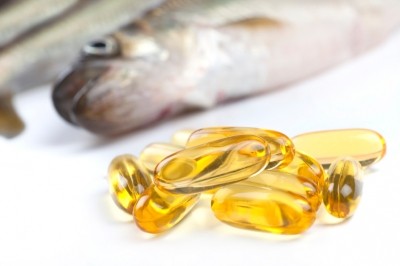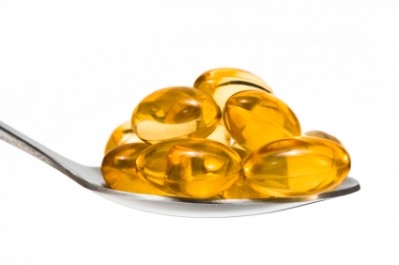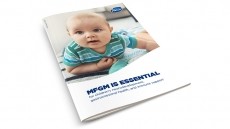Ocean Nutrition Canada seeks algal omega-3 oil approval in EU

The novel foods process allows for the fast-track approval of nutrients and foods if they are proved to be similar to existing products on-market.
“The company, Ocean Nutrition, has applied for an opinion on the equivalence of a docosahaexanoic acid (DHA)-rich algal oil, compared with a DHA-rich algal oil from the microalgae Schizochytrium produced by Martek Biosciences,” said the UK’s Food Standards Agency expert Advisory Committee on Novel Foods and Processes (ACNFP).
The Martek approval came in 2003 and was broadened in 2009 to include a wide variety of foodstuffs including food supplements, bakery products and breakfast cereals.
Comments on the application are open until February 13 and can be submitted here.
Non-fish DHA
ONC is the world’s biggest omega-3 fish oil supplier for food and food supplement applications, but has been working on algal versions for some time. Approval will allow it to compete with Martek in the infant formula and other markets that Martek dominates with its well-established DHA versions.
Acquired by DSM for €800m in 2011, Martek is the world’s leading supplier of algal-sourced DHA ingredients whose most common application is the near-ubiquitous addition to infant formulas, often in combination with ARA (arichidonic acid).
Martek itself moved a little into ONC territory late last year when the ACNFP issued a preliminary novel foods approval for an algal-based DHA-EPA (eicosapentaenoic acid) blend, including new levels of 450mg per day for pregnant and lactating women. That approval remains to be ratified at EU level.
The draft novel foods approval acknowledged that much of the science was alread\ in place to back the safety and efficacy of the ingredient, as the DHA-EPA version was derived from the same Schizochytrium algae species as Martek's DHA version that is already approved in the EU.
“The applicant concludes that these studies demonstrate that the intake of DHA-O arising from consumption in the proposed food categories does not give rise to any safety concerns noting that their NOAEL value equates to consumption of approximately 200g of DHA-O per day for a 60kg adult,” the ACNFP said.
It added: “The Committee highlighted that current policy in the UK is to encourage the intake of long chain n-3 polyunsaturated fatty acids and that this product may help consumers with low intakes to increase their consumption of n-3 fatty acids.”














